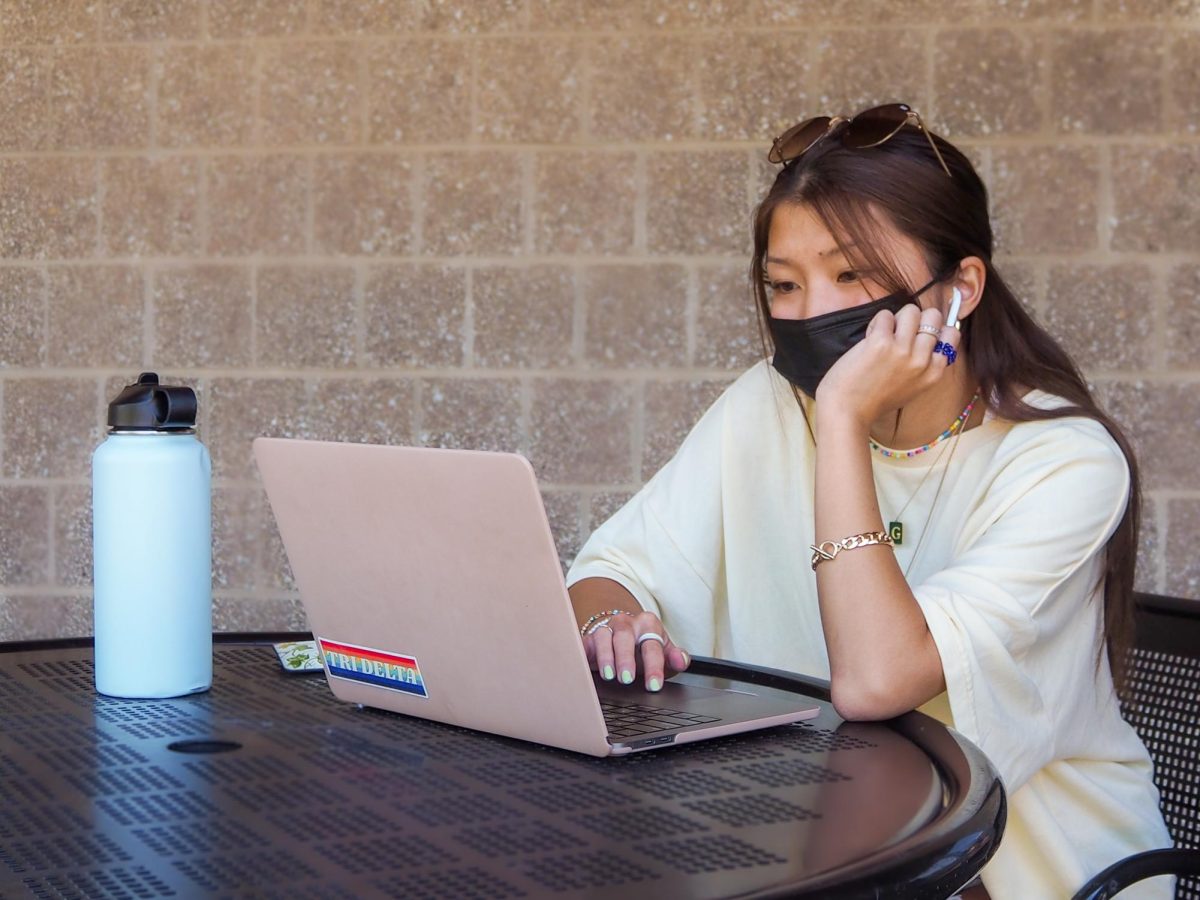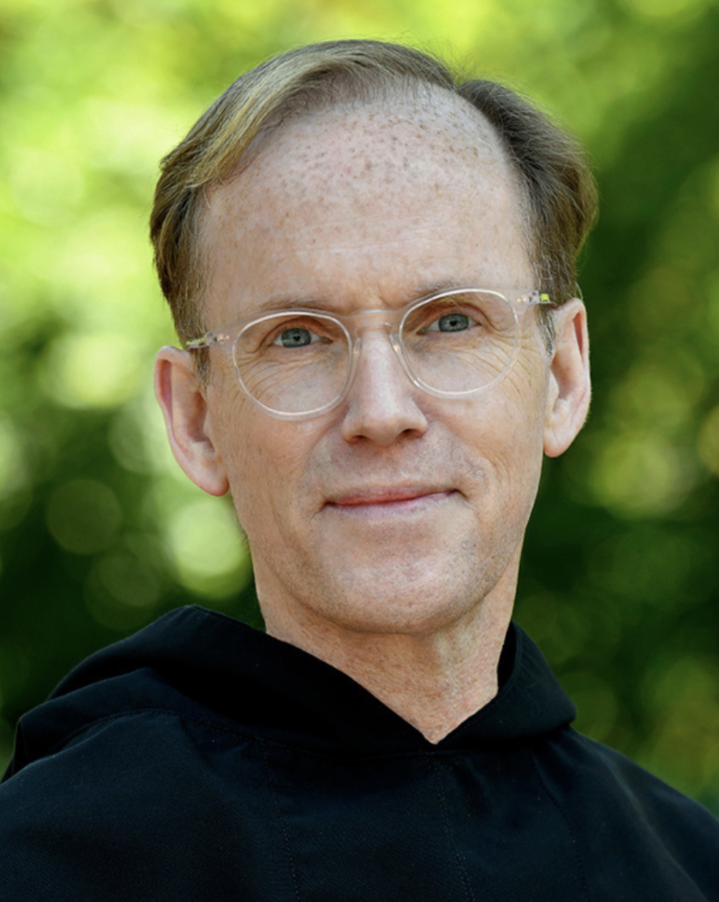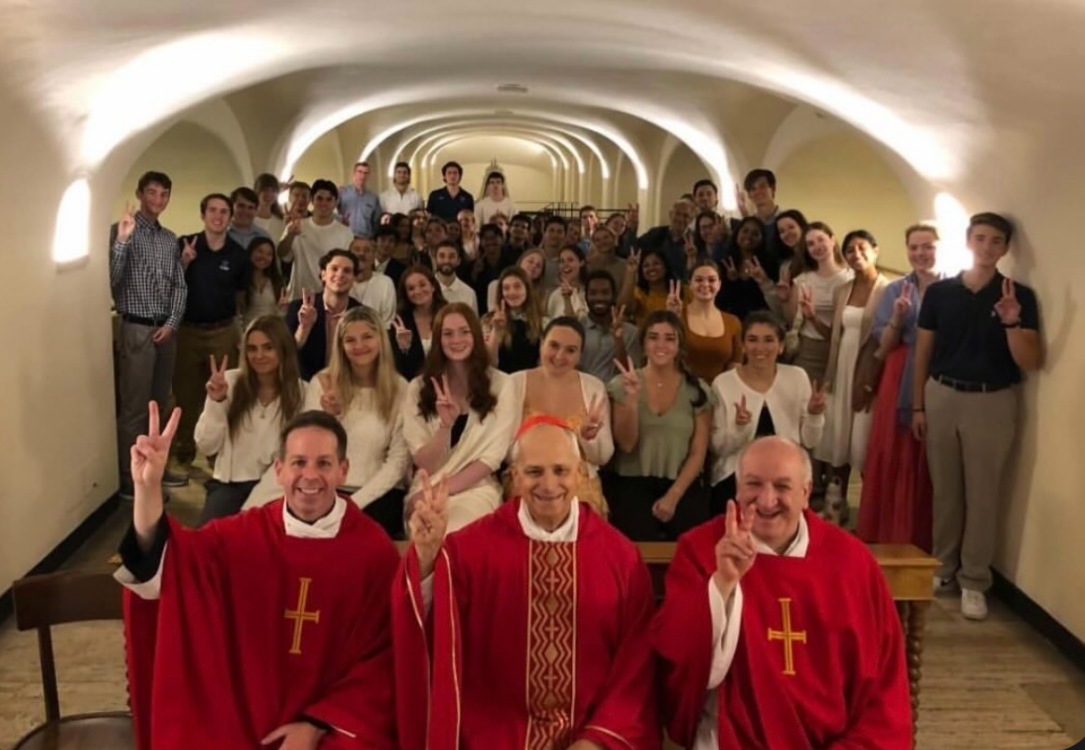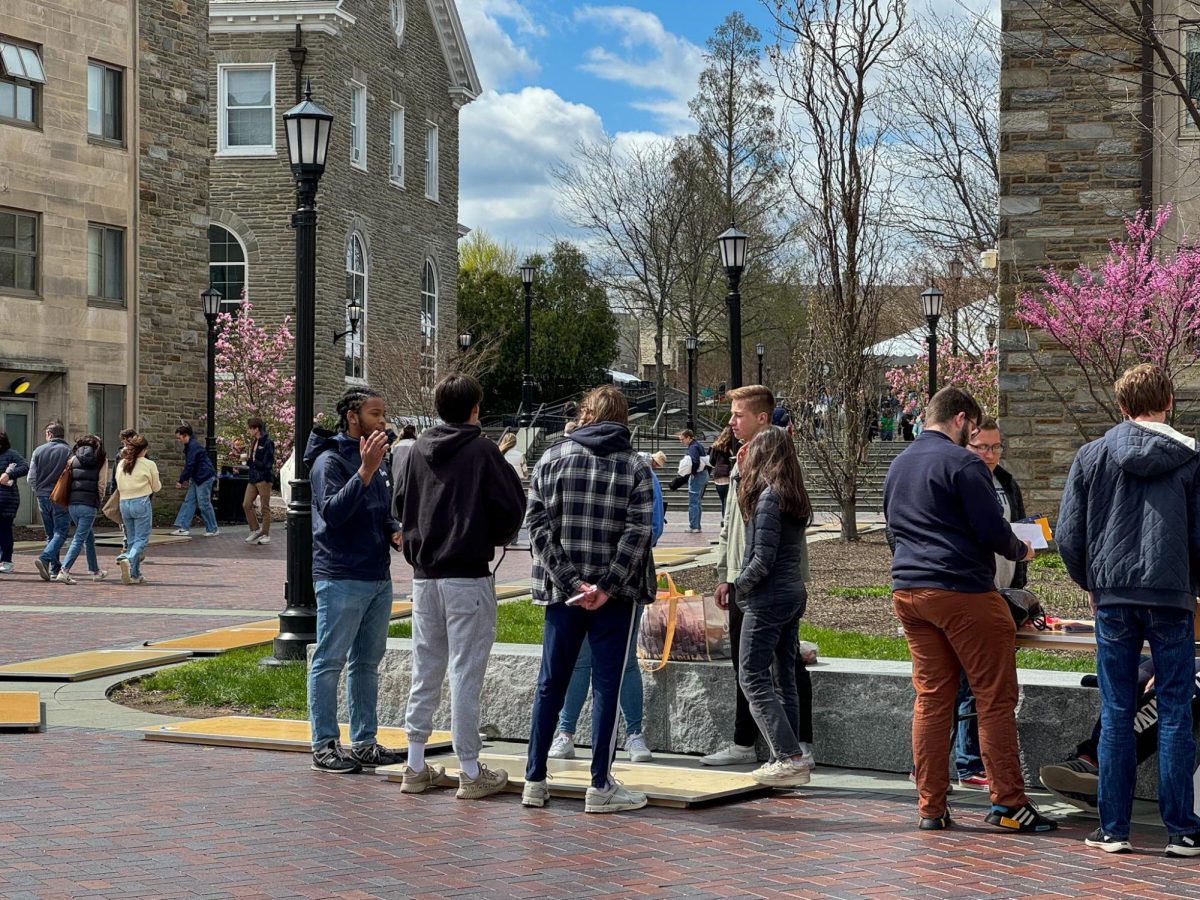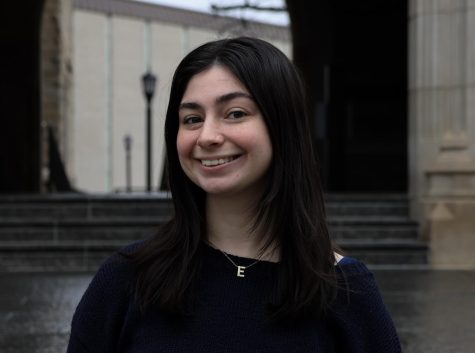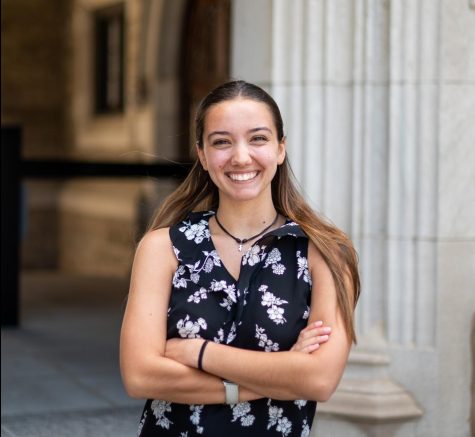This semester, the process of students and professors wearing masks in the classroom will function differently than it has in the past few years. As healthcare policies have shifted to accommodate a post-COVID world, Villanova University’s policies have, too. For the first time since the pandemic, professors will no longer be able to require students to wear masks.
Following the end of the University-wide mask mandate in spring of 2022, professors had the ability to implement mask requirements in their classes. Other times, in lieu of mask requirements, professors encouraged students to wear masks if they felt sick or were at the onset of a cold. In terms of masking, professors were granted full control in governing their classroom’s policies regarding masks.
The new guidelines loosen these COVID-19 policies by restricting professors’ ability to mandate masking. This change began when students returned to classes and is described in the updated guidelines.
“Villanova has revised the masking policy to be consistent with current healthcare practices. Beginning with the Spring 2024 Semester, Villanova will no longer offer the option to require students to wear masks in classes, laboratories, or offices. The policy will continue to allow anyone who wants to wear masks to do so.”
These guidelines will be a significant change for professors as they learn to navigate teaching under this policy. Whether professors view this as a good change or bad, this new policy will require them to adapt to a new way of governing the classroom.
However, not everyone is happy with this new change. The Faculty Congress of Villanova is an elected group with the goal of representing faculty interests on campus. After hearing concerns from professors about the new policy, the Faculty Congress is currently working to reverse this new rule. Dr. Katie Haymaker, Chair of the Faculty Congress’ Executive Committee, described the process of attempting to reverse the policy and the response received from the Provost.
“After we found out about the change in the classroom masking policy on Jan. 4, we received messages from some faculty members concerned about the change and about the process,” Haymaker said. “The Executive Committee of Faculty Congress met on Jan. 8 and composed a letter to Father Peter and Provost Maggitti asking that the former policy be reinstated, until an endemic policy could be developed in collaboration with faculty. Student and staff perspectives would also be valuable in such a discussion. We received a reply that the new policy will remain in place. There will be an exception made for certain nursing clinical labs that partner with healthcare facilities that are currently requiring masks.”
According to Haymaker, pushback against this bill has a lot to do with representing immunocompromised individuals.
“Faculty who are immunocompromised or caring for ill family members can still request that students wear masks in their classes, labs or offices,” Haymaker said. “Villanova students are respectful and compassionate, so we are confident that they will continue to be understanding about such requests, as they have been since the pandemic began. Still, we ask: why was the policy changed now, amidst a surge in respiratory illness across the region? Why were faculty not included in creating an endemic version of the classroom mask policy?”
Ultimately, Haymaker pointed out that the ability for professors to create their own class policy is critical to facilitating an excellent classroom environment.
“There are successful examples of classroom policies being developed as a collaboration between University administrators, students and faculty, most recently the policy on Undergraduate Student Personal Days,” Haymaker said. “This proposal was brought by SGA to the Academic Policy Committee (APC is chaired by a faculty member and has representation from faculty across the colleges), where it was workshopped and refined with faculty and administrator involvement. In contrast, the new classroom mask policy is a classroom policy that was instituted without faculty input”
However, regardless of one’s opinion on this policy change, the new guidelines urge individuals to remain respectful of another individual’s decision to wear a mask.
“Everyone is expected to put Community First and be respectful of others’ masking decisions. The reasons why individuals may choose to wear a mask can vary widely, so everyone is expected to show respect in these situations.”
In the end, Villanova has left it up to the individual to decide whether or not to mask. Professors and students are encouraged to remember the University’s Community First approach and remain patient, respectful and understanding of all as Villanova adapts to a post-COVID world.

